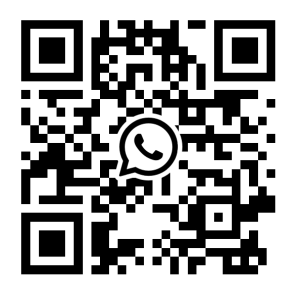The Ultimate Guide To Agile Working & Why Agility Really Matters
07. Agile Skills, Tips & Techniques
Agile Skills
There are a number of agile skills and techniques that will help you unlock the benefits of agile ways of working. Here are a collection of them along with useful agile tips for you to try.
Agile team building tips
Here are some useful team building tips tips for new and existing agile teams:
- Get to know everyone
- Share personal histories e.g. how many brothers and sisters do you have, where did you grow up and go to schools
- Share a challenge you faced in the past
- Eat together
- Build trust and safety by showing people it’s safe to be vulnerable, make mistakes, ask for help and learn
- Make work challenging, not impossible, and not boring
- It’s ok to experiment and learn when tough goals and problems are being faced
- Be clear on how much autonomy everyone over each stage of delivery
- Celebrate successes and have lunch, drinks, share team successes with other teams as well – ensure they are appreciated
Agile listening skills
Perhaps the most important skill in an agile team is having the ability to listen. Here are some tips to help you develop you agile listening skills:
- Stop what you are doing and give the person talking your full attention
- Let you body language show you’re listening
- Don’t be afraid of pauses and fill gaps
- Nod when you’ve heard what has been said
- Prove that you did listen by responding appropriately
- Summarise what you think you heard
Dealing with issues
If there are issues you should look to summarise what you think you saw / heard and your concerns – e.g.:
“I noticed that you kept looking at your phone in the meeting. I am worried that you might not have heard what Jane was saying.”.
“You looked like you were not fully prepared for that planning meeting. I am concerned about what that looks like to the team, and whether we are benefiting fully from your inputs. How could I/we help ensure you are better prepared next time?”
Positive feedback
Feedback can be positive as well:
“Thanks for taking the time to solve that issue for Jim, he could complete his Initiative and the project is back on track.”
“Thanks for bringing that up, it’s been holding me back as well and it needed to be worked through.”
“Great work”
- United Kingdom
Ashtead
KT21 1RZ
+44 20 7046 1328

- United States
New York
NY 10013
+1 646-718-4720
- ZOKRI helps leaders and teams achieve strategic goals using the OKR (Objectives & Key Results) framework. Our platform aligns strategy, goals, and people, fostering engagement and growth through comprehensive training and management systems.
© ZOKRI 2025 All rights reserved | Privacy Policy | Terms & Conditions | GDPR
Contacts Us
Tell us what you need. We'd be delighted to help.
"*" indicates required fields